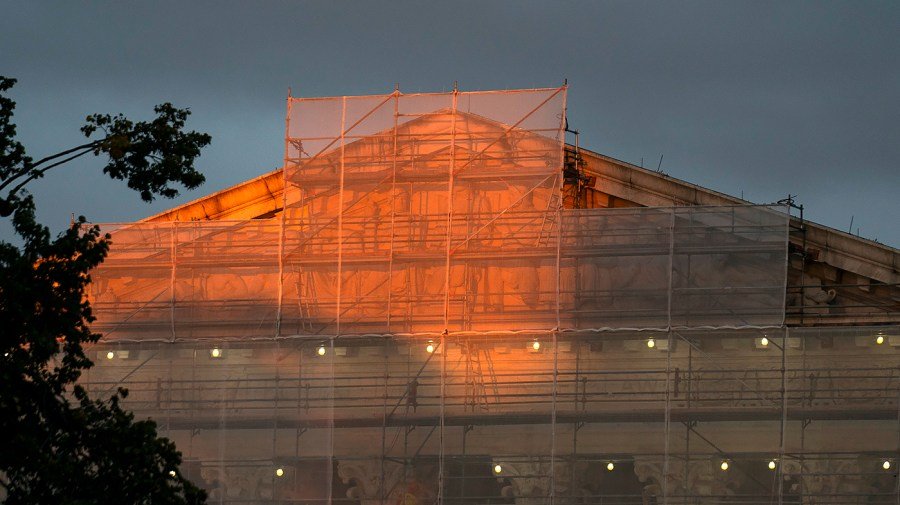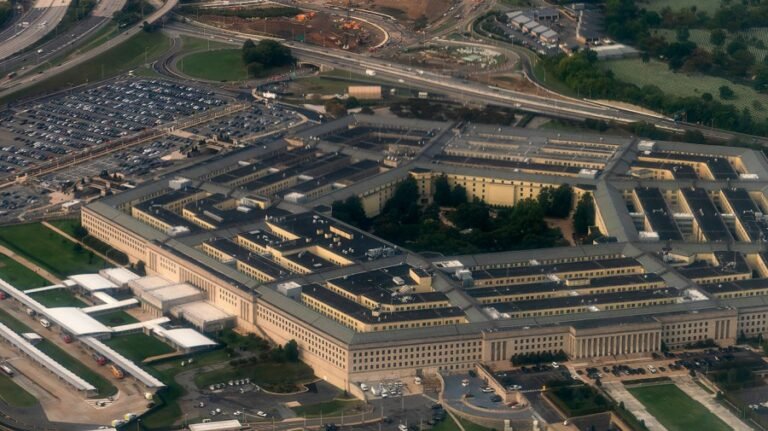
The Supreme Court requested additional information Wednesday before it rules on whether President Trump can deploy the National Guard in the Chicago area, suggesting a ruling is still weeks away.
The Trump administration appealed to the high court earlier this month in a bid to resume the deployment after lower courts blocked it.
At the center of the battle is a statute that allows Trump to federalize and deploy a state’s National Guard unit if there is an invasion, rebellion or when he is “unable with the regular forces to execute the laws of the United States.”
Trump asserts the last two preconditions are met, pointing to months of threats and protests against immigration officers. The administration says it has forced officials to move resources into Chicago and away from other regions in response.
Democratic leaders in Illinois and Chicago both oppose the National Guard deployment and filed the lawsuit seeking to halt it.
Wednesday’s brief, unsigned order from the Supreme Court requests the administration and Illinois submit written briefs detailing whether “regular forces” refers to the military and how that should affect the analysis.
Each side is due to submit their views by Nov. 10 and reply to the other a week later.
It suggests the justices won’t rule on Trump’s appeal until then, meaning the Chicago National Guard deployment would continue to remain blocked for weeks.
As part of his sweeping crackdown on crime and immigration, Trump has also deployed the National Guard in Los Angeles, Portland, Ore., and Washington, D.C., and convinced Tennessee’s governor to do so in Memphis.
The Supreme Court’s order came as a trial kicked off on whether the Portland deployment is illegal. Most of the other deployments are also the subject of legal challenges.
The Trump administration contends that judges have no authority to second guess the president’s assessment of the facts on the ground, and even if they do, Trump’s deployments are legally valid.


